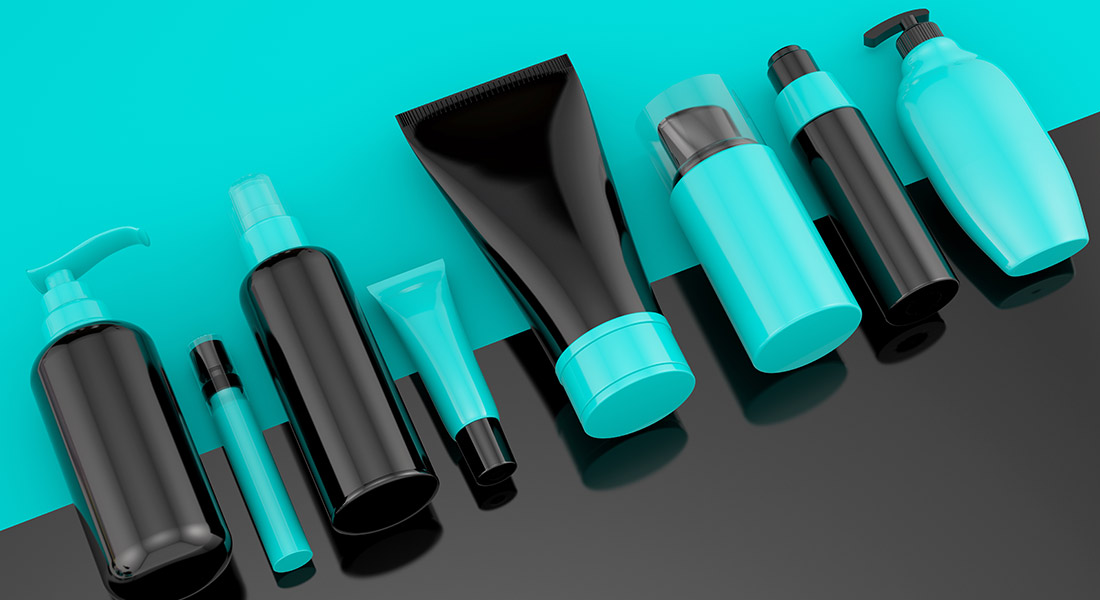Estimated reading time: 4 minutes
Who says you need to invest in research and development (R&D) and product development to begin selling products? Today, a third-party product manufacturer can create goods for your small business and incorporate your branding on the packaging. This is a faster and more cost-effective means of getting custom-branded products to market.
This Balboa Capital blog article features an overview of private labeling. We explain what it is, how it works, and how it can benefit businesses looking for new ways to generate more sales.
What is a private label?
A private label is a product manufactured by one company and sold under the name of another. Retailers often use private labels to compete with other retailers in their market or create a new market for themselves. Manufacturers also use them as an alternative to selling their products through wholesale channels.
Without knowing, you have probably purchased private-label products. Some popular private-label products include cosmetics, clothing, furniture, shoes, electronics, home decor, and eyewear. In addition, many private-label foods and beverages are adorning the aisles at supermarkets and independent grocery stores.
Does private-labeling work?
Private labeling has proven beneficial to small businesses in countless industries. It is an excellent way for small businesses to get their name out there, extend their product offering, and generate more revenue. Private label marketing also allows small businesses to create exclusive products, which can be helpful if they want to target a niche audience.
Next, private labeling is an excellent way for a business to get its products into stores. They are also a perfect way for companies to get their foot in the door with retailers who may not be willing to work with them otherwise. And suppose the stores that sell the business’s private label products need more inventory to keep up with customer demand. In that case, the turnaround time can be minimal, provided the third-party manufacturing company has the required materials, supplies, ingredients, etc.
Finally, it allows businesses to control their product’s quality and how it is presented in terms of packaging, labeling, and design/branding. Having a private label manufacturer handle these marketing-related tasks allows for cost savings and increased efficiency.
Private label example.
We devised an example for a startup coffee shop to better illustrate how private labeling works. The owner of the coffee shop does not have sufficient capital to purchase an expensive coffee bean roaster or expand the shop to make room for the roaster. So, the owner contacted a wholesale coffee supplier that offers private labeling.
The shop’s owner agreed to purchase a specific amount of coffee beans each month to make coffee and espresso drinks for in-store customers. In addition, the owner provided the coffee supplier with the branding requirements (logo, color scheme, typography, etc.) that are printed on coffee bags sold in-store and online. So, the coffee shop makes coffee and espresso drinks using wholesale beans and sells bags of wholesale beans under its brand name.
How to get started.
There are many different ways to get started with private labeling. You can begin by identifying what you want to sell and create your product. You can also find an existing product you want to rebrand and resell or find a product already selling well in stores and online and adapt it for your audience.
The best thing about this process is it is your choice. You can focus on one aspect at a time or start with the product idea and create different versions of what it could be. This will give you more control over how your product appears to customers and allows you to make adjustments as needed. If you’re not entirely sure where to start, here are some tips for finding products to sell:
- Research your niche and see what products are out there
- Find a product that your target audience might want
- Look for a product that has a limited amount of competition
- Find a product that has high margins
Determining which products you want to private label should be part of your business’s marketing plan. You will need to allocate part of your budget for manufacturing, production, and advertising.
Choosing a manufacturer.
This is the most critical decision you will make when moving forward with a private label program. There are many private-label manufacturers to choose from throughout the United States. It would be best if you researched your options to ensure that you pick the best manufacturer for your specific needs.
Once you have narrowed your list of favorites, contact them to ask about pricing, delivery time, quality assurance, special storage requirements (if applicable), sales support, and custom packaging and branding capabilities. Ultimately, the manufacturer you work with can make or break the success of your private label efforts.
The opinions voiced in this material are for general information only and are not intended to provide specific advice or recommendations for any individual.
